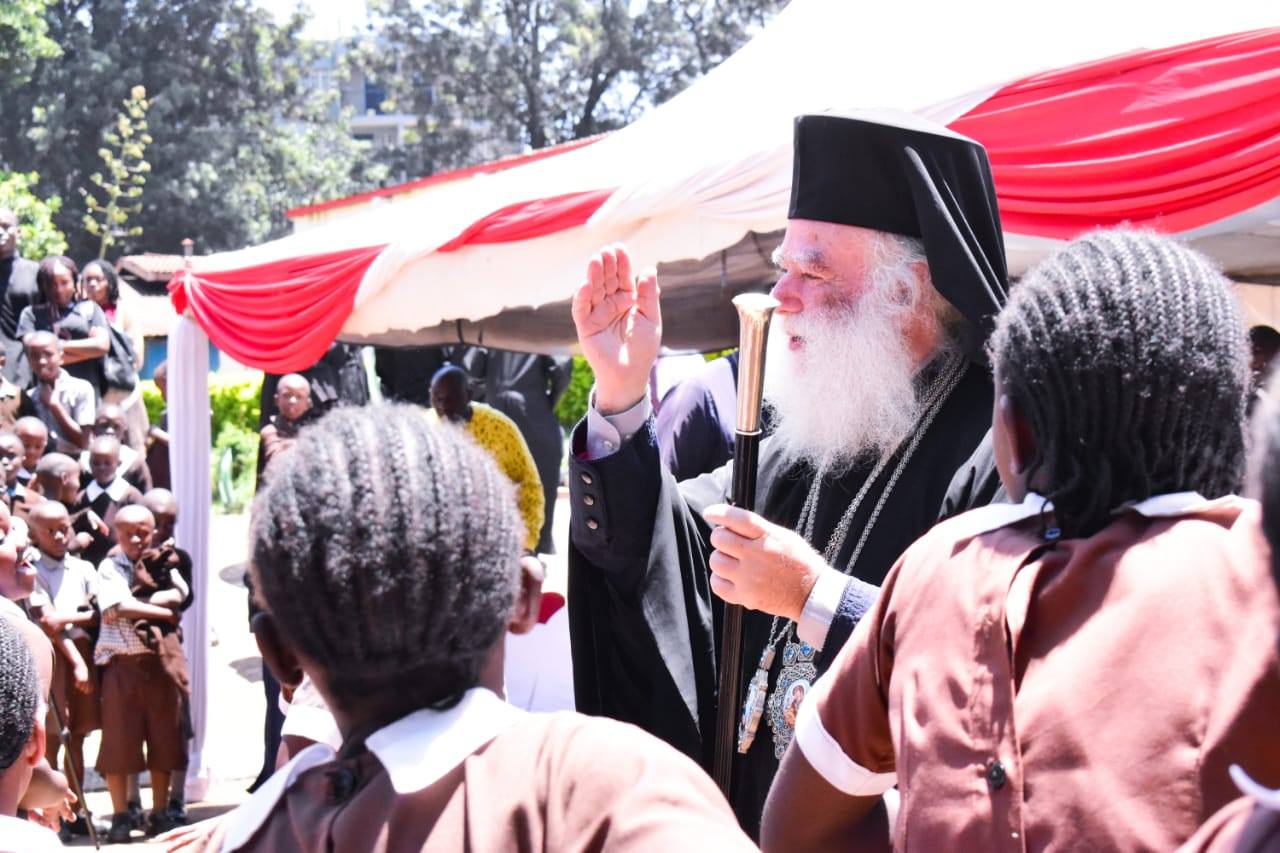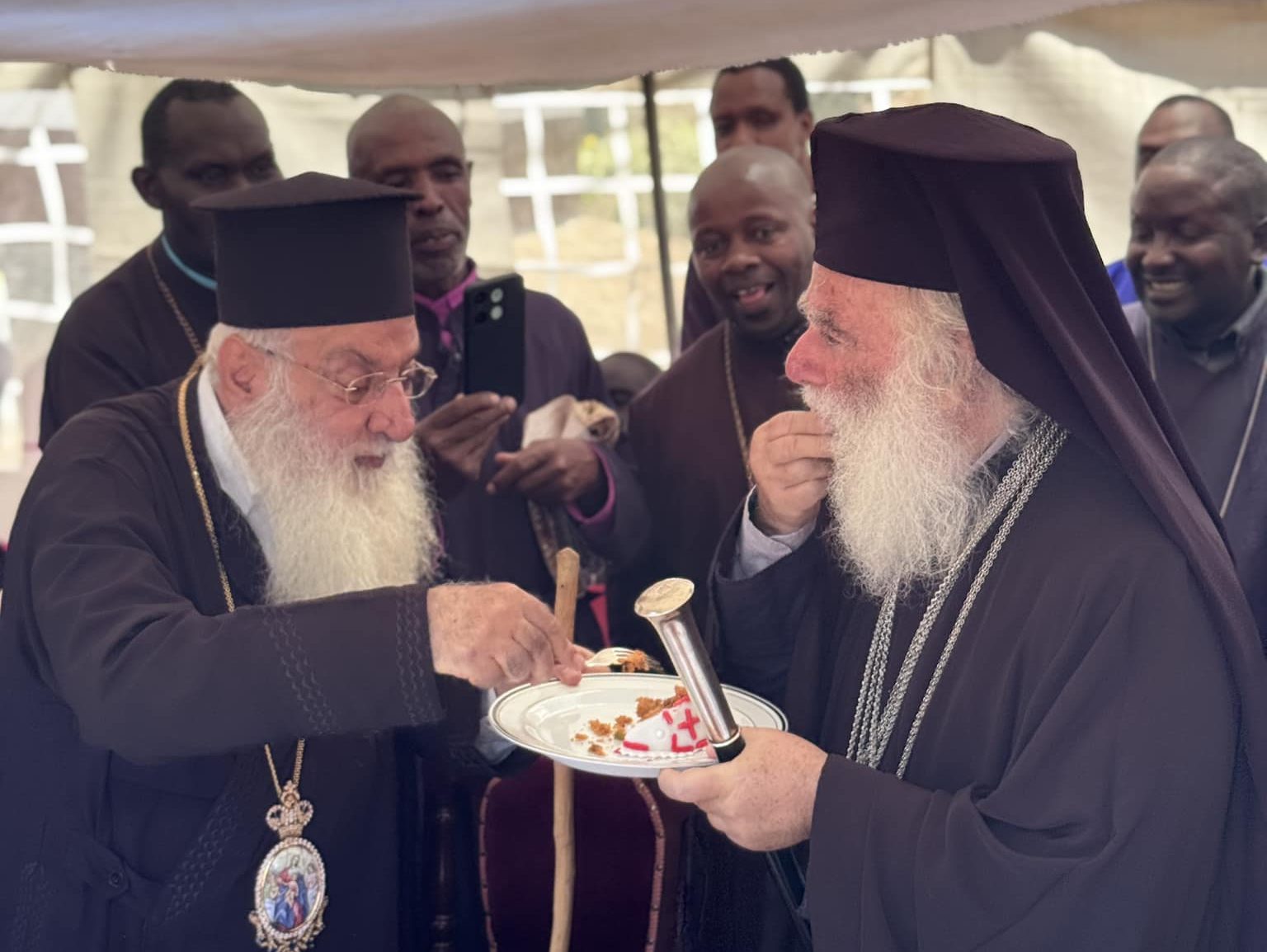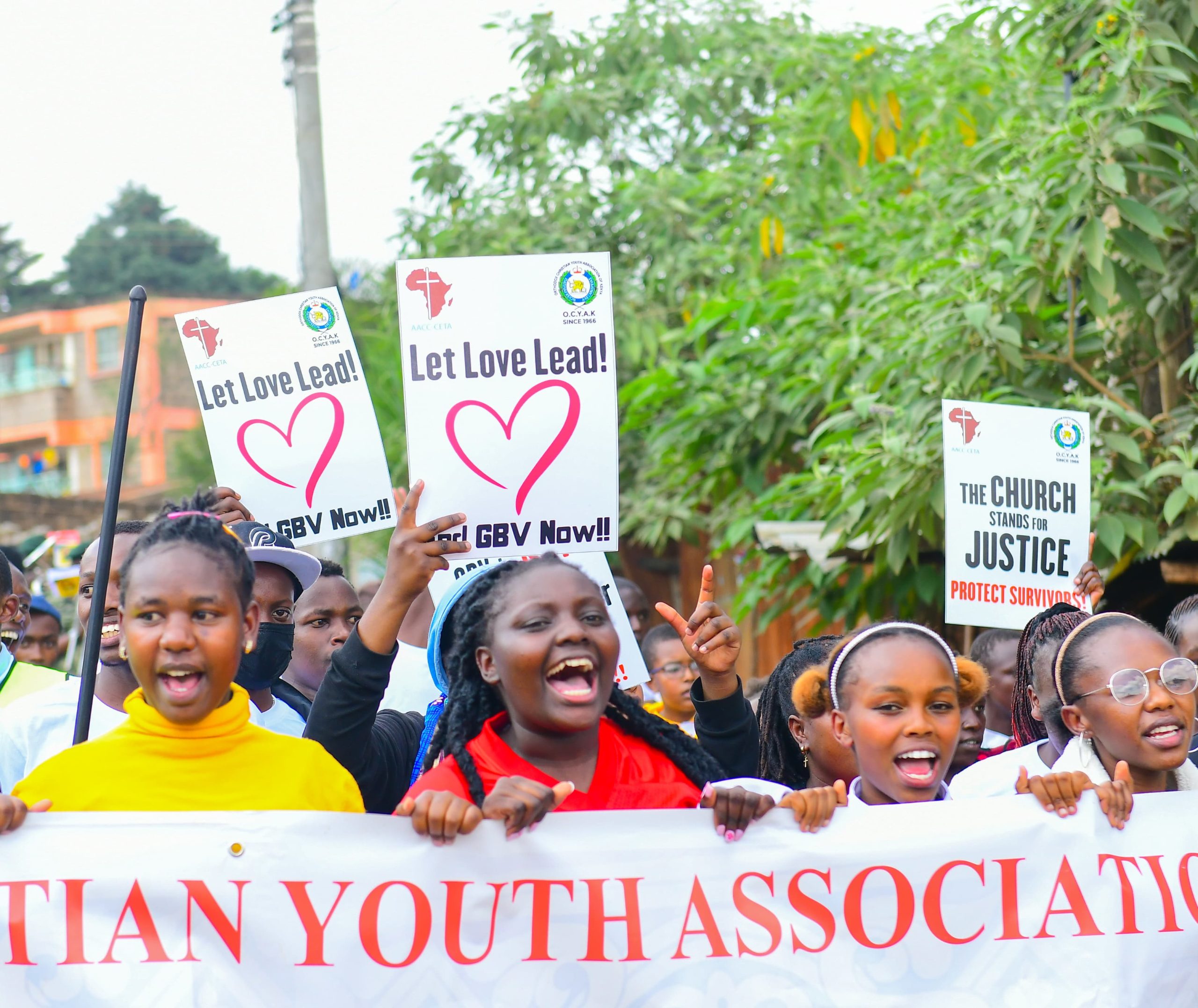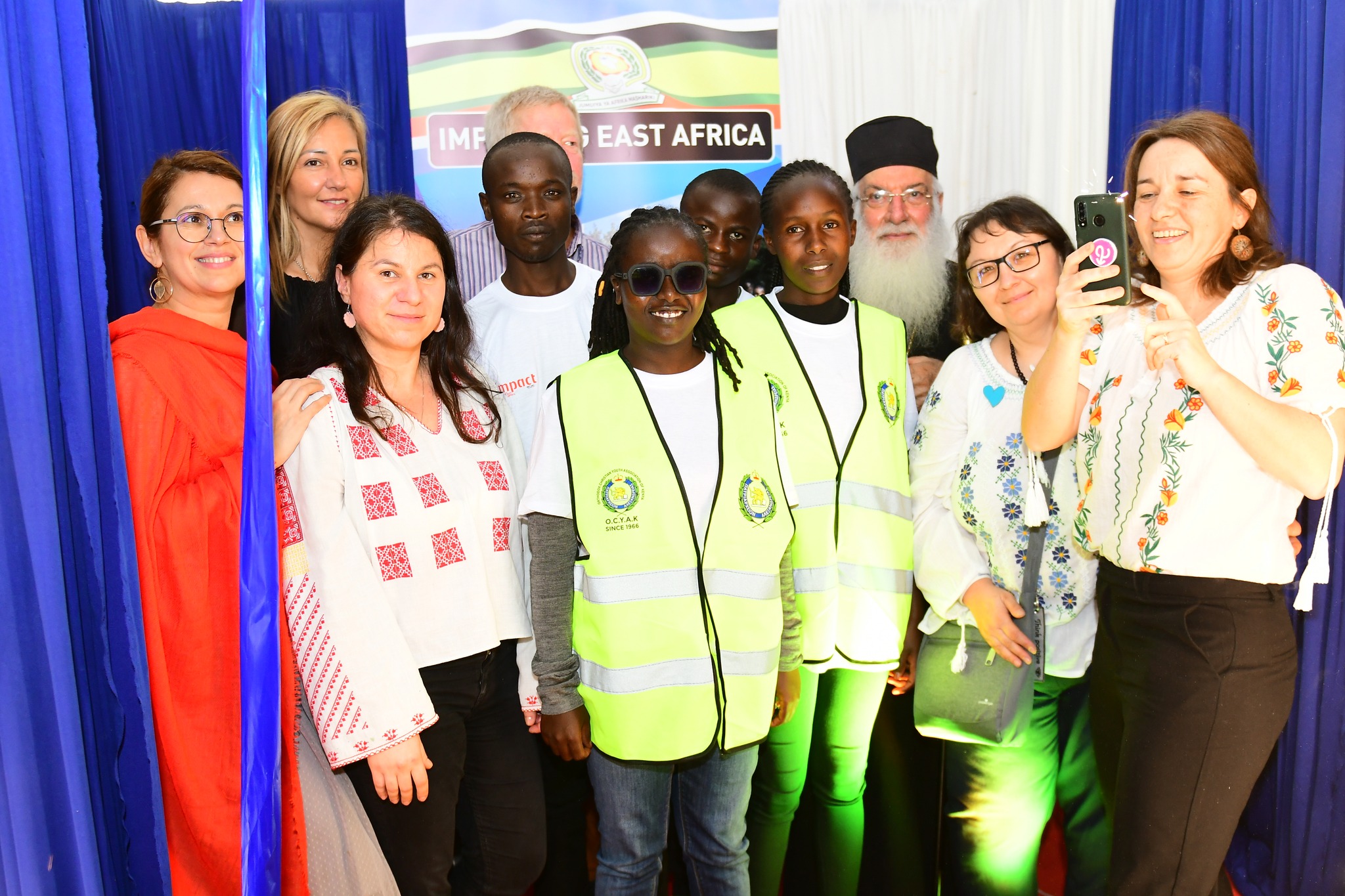ORTHODOX YOUTH AND ECOLOGY
Ormylia Monastery Organic Farming Project
In the heart of Northern Greece, the Orthodox women’s monastery of Ormylia launched an ambitious project in the 1990s that continues to inspire and educate thousands. The Ormylia Monastery Organic Farming Project perfectly embodies the principles of preserving and celebrating nature through sound ecological practices, aligning with the teachings of the Orthodox Church on creation and the role of humanity as stewards of the earth.
Project Overview
The Ormylia Monastery Organic Farming Project was conceived as a focal point and catalyst for sustainable agricultural practices. Initially targeting nearby monasteries and subsequently reaching the broader community, the project has introduced organic farming methods to an area previously plagued by environmentally harmful practices, including extensive pesticide use. By transforming the monastery’s existing agricultural lands into a model of organic farming, the project aims to demonstrate that it is possible to produce food sustainably while caring for the environment.
Goals and Impact
The primary goal of Project Ormylia is to embody the Church’s teachings on creation through practical application. The monastery, which manages farms, related facilities, orchards, and livestock, serves as an ideal venue for this transformative project. Beyond improving the monastery’s agricultural practices, the project promotes ecological awareness among the over 10,000 visitors who come each year. As a sister monastery to Simonopetra Monastery on Mount Athos, Ormylia Monastery plays a significant role in spreading the message of environmental stewardship within the Orthodox community and beyond.
Broader Context of Orthodox Environmental Initiatives
The Ormylia Monastery Organic Farming Project is part of a broader movement within the Orthodox Church to address environmental issues. This movement gained significant momentum during the Inter-Orthodox Conference on Environmental Protection held in Crete in November 1991. For the first time, leading representatives of the Orthodox Church worldwide gathered with scientists and ecologists to discuss the Church’s role in environmental protection. The conference, attended by HRH Prince Philip, Duke of Edinburgh, President of the World Wide Fund for Nature (WWF), underscored the Church’s responsibility to protect both people and land, especially in regions like Russia where church buildings were being returned from the state in a state of disrepair.
Youth Engagement in Environmental Stewardship
Recognizing the importance of engaging youth in environmental stewardship, SYNDESMOS, the World Fellowship of Orthodox Youth, held its first international youth ecology training seminar in Neamt, Romania, in April 1994. This seminar brought together Orthodox youth leaders from 15 countries for an intensive program of environmental education and practical training. The seminar aimed to stimulate interest in and educate young people about the need to actively protect the natural environment. Participants explored Orthodox theological and liturgical understandings of nature, engaged in practical workshops on environmental issues, and developed recommendations for future ecological actions within their communities.
Spiritual Ecology and Monastic Life
Following the youth seminar, SYNDESMOS organized a “spiritual ecology camp” on Mount Athos in July 1994. This camp gathered young people for a program of prayer, study, and practical environmental work. The objectives included supporting the monasteries in establishing eco-systems, protecting the natural environment, and building awareness of Mount Athos’s spiritual and cultural heritage. Participants engaged in activities such as rebuilding wells, opening cobbled paths, planting trees, and participating in monastic life, thereby gaining a deep appreciation for the environmental dimension of traditional monastic practices.
Ongoing Commitment to Environmental Advocacy
The Orthodox Church’s commitment to environmental advocacy was further highlighted during the “Revelation and Environment AD 95-1995” Symposium. Held on a ship journeying from Piraeus to Patmos, the symposium marked the 1900th anniversary of the recording of the Apocalypse and brought together religious leaders, scientists, and environmentalists from over 30 countries. The Ecumenical Patriarch Bartholomeos I and other leaders called for stronger actions to protect the environment, emphasizing the need for spiritual love and care for creation.
Conclusion
The Ormylia Monastery Organic Farming Project and other Orthodox environmental initiatives reflect a profound commitment to ecological stewardship rooted in theological principles. By integrating faith with practical action, these projects inspire a holistic approach to environmental care, encouraging communities to cherish and protect the natural world. As we move forward, the lessons learned from these initiatives continue to guide us in fostering a sustainable and spiritually enriched relationship with our environment.
The Orthodoxy and Ecology Resource Book is produced by SYNDESMOS, The World Fellowship of Orthodox Youth. Editors: Alexander Belopopsky and Dimitri Oikonomou. Copyright 1996, Orthdruk Orthodox Printing House, Bialystok, Poland.
Embark on spiritual pilgrimages to sacred sites and monasteries across Africa.
Immerse yourself in local Orthodox traditions and cultural experiences.
Join educational retreats focused on Orthodox theology, history, and spirituality.
Connect with Orthodox communities and participate in local outreach initiatives.




